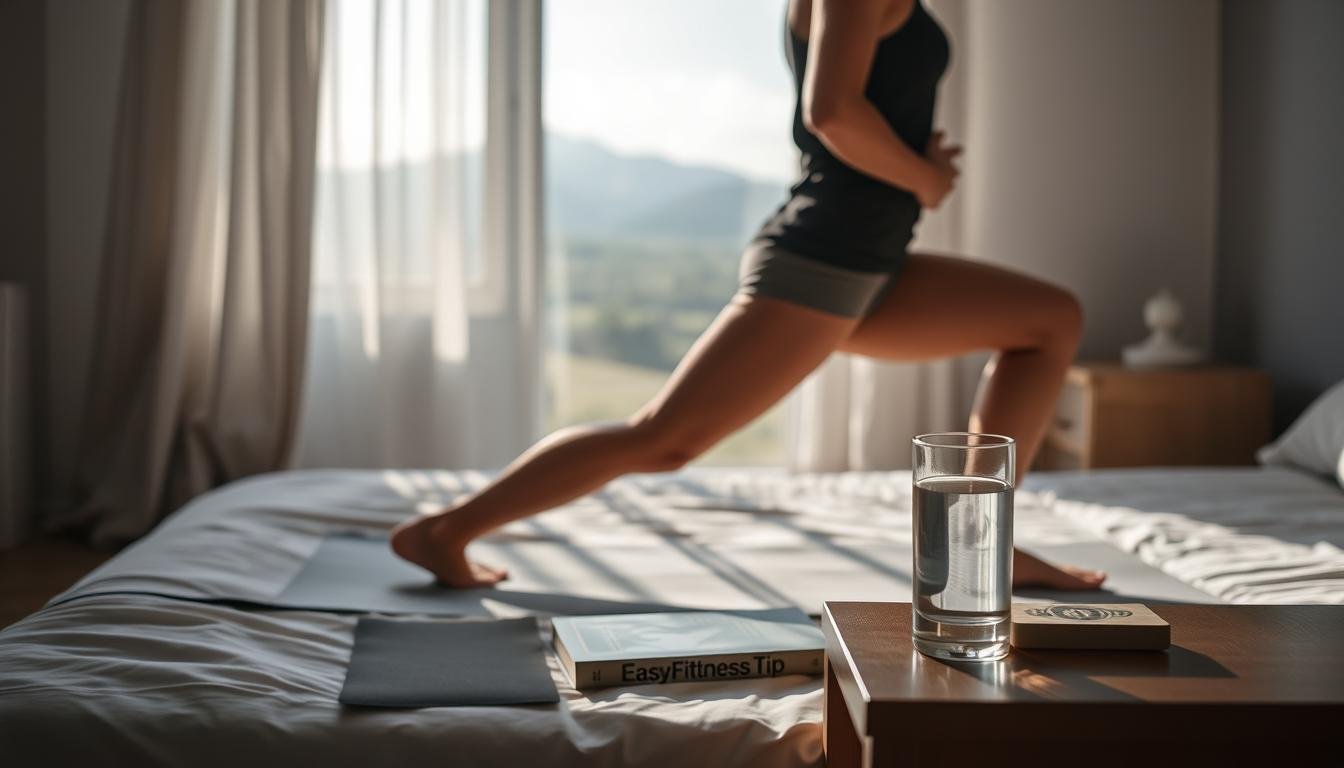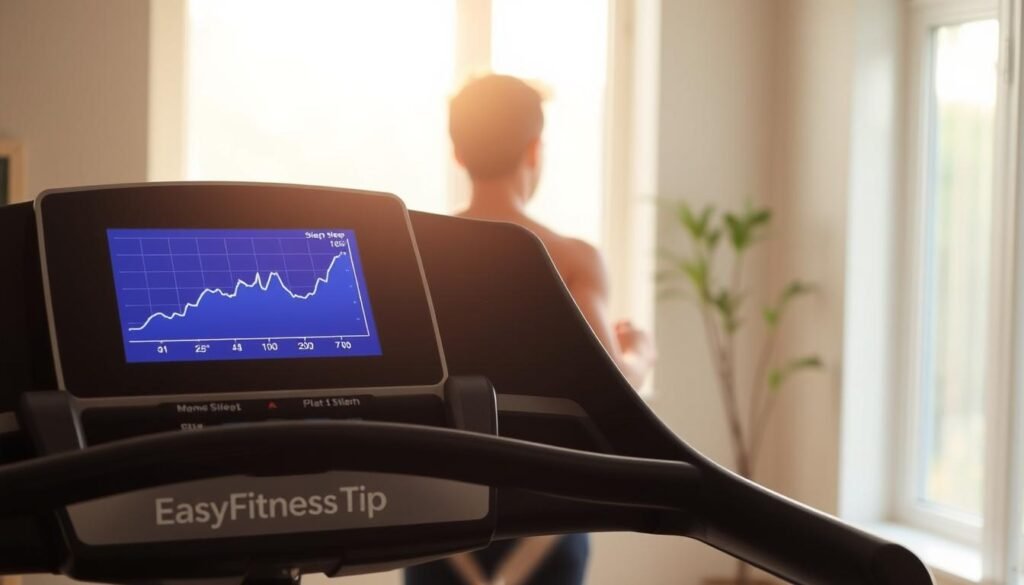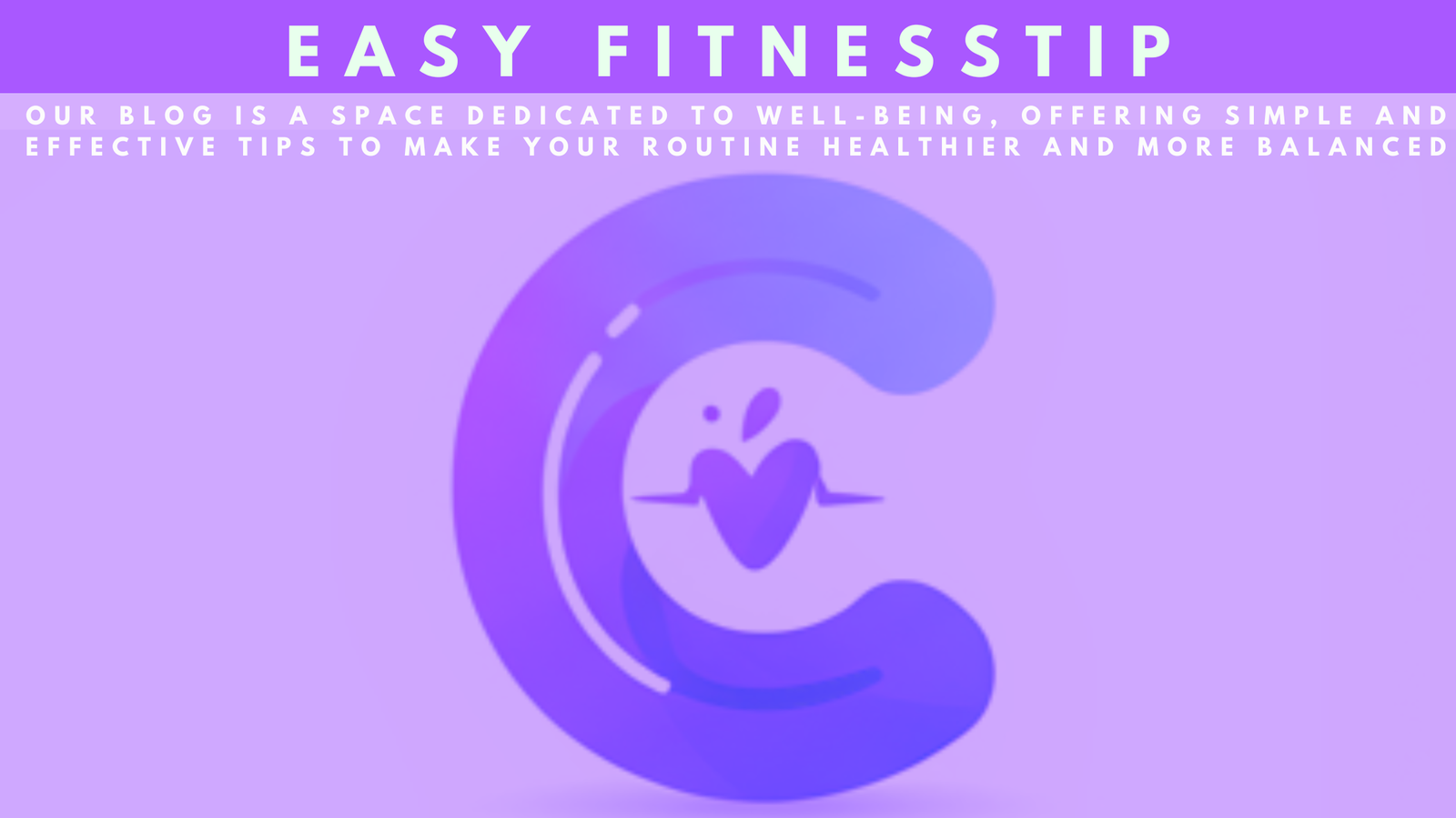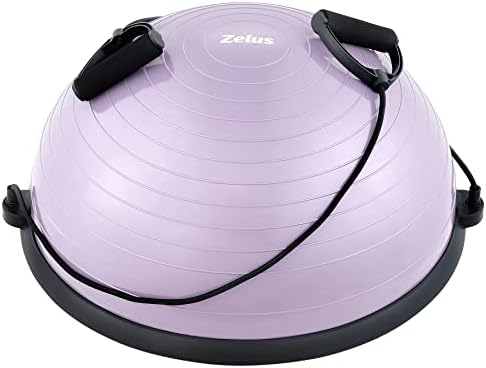
Many studies show a strong connection between exercise and better sleep, especially for those with chronic insomnia. People who exercise regularly can fall asleep 13 minutes faster. They also sleep 18 minutes more after just four weeks of exercise.
This isn’t just a rumor. A review of 22 studies found that exercise helps a lot. It lowers scores on sleep quality tests by a lot. This shows that exercise is a good way to improve sleep without using medicine.
This article will look into the science behind exercise helping with insomnia. We’ll talk about the best exercises and how regular activity can change your sleep for the better.
Key Takeaways
- Regular exercise can significantly reduce sleep onset latency for those with insomnia.
- Individuals may experience an increase in total sleep duration with consistent physical activity.
- Exercise promotes better sleep quality, making it a valuable tool against insomnia.
- Systematic reviews demonstrate the effectiveness of various exercise modalities for improving sleep.
- Adopting a consistent exercise routine can lead to lasting changes in sleep patterns.
- The benefits of exercise for insomnia may surpass those of pharmacological treatments.
Understanding Insomnia and Its Impact on Health
Insomnia is a complex issue that affects many people. It makes it hard to fall or stay asleep, leading to daytime problems. Knowing about insomnia is key to understanding its health effects.
Definition of Insomnia
Insomnia is when you have trouble starting or staying asleep. This leads to tired days and a lower quality of life. Knowing what insomnia is helps us see its big impact.
Prevalence of Insomnia in Different Populations
Insomnia is a big health issue. About 30% of adults in the U.S. deal with it sometimes. Women going through menopause often face even more sleep problems, from 20% to 50%. This shows we need to help different groups in different ways.
Effects of Insomnia on Physical and Mental Health
Insomnia has big effects on health. It can lead to heart problems and mental health issues like anxiety and depression. It also affects how well you think and feel. Treating insomnia is very important.
| Health Impact | Description |
|---|---|
| Cardiovascular Disease | Increased risk of hypertension and heart problems. |
| Mental Health Issues | Higher likelihood of developing anxiety and depression. |
| Cognitive Impairment | Reduced attention, memory issues, and poor decision-making. |
| Quality of Life | Overall deterioration in happiness and life satisfaction. |
The Science Behind Exercise and Sleep Quality
Many studies have looked into how exercise affects sleep. They found that physical activity can improve sleep quality. This happens through certain biological pathways.
Biological Mechanisms of Sleep Improvement Through Exercise
One key way exercise helps sleep is by boosting the parasympathetic nervous system. This system helps lower stress and anxiety. It makes it easier to relax and fall asleep.
Exercise also changes levels of important brain chemicals like serotonin and dopamine. These chemicals help control mood and sleep. Plus, it can balance out hormones like cortisol, which can disrupt sleep.
How Aerobic Exercise Affects Sleep Patterns
Aerobic exercise is linked to better sleep. People who do regular aerobic activities sleep longer and more soundly. They also fall asleep faster.
The steady rhythm of aerobic activities, like running or cycling, matches our natural sleep cycle. This helps promote better sleep patterns.
Regular Physical Activity: A Non-Pharmacological Strategy
Research shows that regular physical activity is a good way to treat insomnia without drugs. Many people with insomnia try medication to help. But, drugs can have side effects and lead to addiction. Exercise, on the other hand, is a natural way to improve sleep and health.
Benefits Over Medication for Managing Insomnia
Exercise has many benefits over medication for insomnia. It can:
- Improve sleep quality
- Help you fall asleep faster
- Reduce nighttime wake-ups
- Boost mood and lower anxiety
These benefits make exercise a popular choice for fighting insomnia. It’s often preferred over medication.
Insights from Systematic Reviews and Studies
Studies and systematic reviews show that exercise helps sleep. People who exercise regularly have fewer sleep problems and feel better overall. This makes exercise a top choice for treating insomnia, recommended by health experts before trying medication.
How Exercise Helps Combat Insomnia Symptoms
Physical activity is key in fighting insomnia. It helps in many ways. Studies show that regular exercise improves sleep patterns, leading to better sleep overall.
Reduction of Sleep Onset Latency
Exercise is great for falling asleep faster. People who exercise regularly sleep quicker. Activities like running or swimming help the body get ready for sleep faster.
Increased Total Sleep Time
Exercise also makes you sleep longer. Research shows that those who work out regularly sleep more. This means more time to rest and recover each night.
Enhancement of Sleep Quality
Exercise makes sleep better in quality. It helps you reach deeper sleep stages and feel more rested. This leads to better mood and focus during the day. People who exercise often wake up feeling refreshed and ready to go.

Timing Matters: When to Exercise for Best Results
When you exercise can affect how well you sleep. Doing workouts at different times can change how you sleep. It’s important to find the best time for your exercise to improve sleep.
Impact of Morning vs. Evening Exercise
Studies show that morning and evening workouts have different effects. Morning workouts can lead to better sleep. This is because your body has time to relax in the evening.
On the other hand, evening workouts might keep your heart rate up. This can make it hard to fall asleep. It’s key to choose a workout time that works for you and your body.
Listening to Your Body: Individual Variability in Response
Everyone reacts differently to exercise timing for better sleep. Things like age and fitness level can change what’s best for you. Some people feel more awake in the morning, while others prefer evening workouts.
It’s important to know what works best for you. This way, you can pick the right time for your workouts to improve your sleep.
| Exercise Timing | Benefits | Considerations |
|---|---|---|
| Morning Workout | Improved mood and energy throughout the day | Can boost metabolism and body temperature; suitable for early risers |
| Evening Workout | Stress relief and muscle recovery post-day | Potential challenge with sleep onset; may enhance evening relaxation for some |
Exercise for Insomnia: Best Exercises for Insomnia
Regular exercise is a great way to improve sleep quality. Different exercises offer unique benefits for those with insomnia. Adding aerobic workouts, strength training, and mind-body practices to your routine can help a lot.
Aerobic Exercises: Benefits and Recommendations
Aerobic activities like running, cycling, or swimming are key for better sleep. They can make your sleep longer and reduce nighttime wake-ups. These activities also release endorphins, which help you relax and think more clearly.
It’s best to do at least 150 minutes of moderate aerobic activity each week. This will help you sleep better.
Strength Training and Its Role in Sleep Quality
Strength training is also good for sleep. It helps lower stress and anxiety, which often cause insomnia. Doing resistance exercises a few times a week can boost your health and sleep quality.
Working out all major muscle groups not only builds strength but also helps you sleep better at night.
Mind-Body Exercises: Yoga and Its Effects on Sleep
Mind-body exercises, especially yoga, are great for sleep. Adding yoga to your weekly routine can reduce anxiety and create a calming bedtime routine. Yoga’s breathing and stretching can lower cortisol, helping you relax.
Doing yoga before bed can greatly improve your sleep and overall health.
How Much Exercise Is Needed for Improved Sleep?
Finding the right exercise for better sleep is about the right amount and intensity. Experts say to do moderate activities for at least 150 minutes a week. This matches guidelines that show regular exercise improves sleep quality.
Recommendations for Duration and Intensity
Doing different types of exercise helps more. Mix aerobic activities like running or swimming with strength training. Being consistent is key; regular exercise helps set up better sleep patterns.
Long-Term Commitment and Consistency
Sticking with exercise long-term is key for lasting sleep benefits. Regular workouts improve physical health and sleep quality over time. Keeping up with a routine ensures these benefits last.
Real-Life Success Stories and Testimonials
Many people have seen big improvements in their sleep by adding exercise to their daily routine. They share their stories, showing how exercise can really help with sleep. These stories often talk about the hard work and commitment needed to see results.
Case Studies of Individuals Who Improved Their Sleep
There are many real-life examples of people who got better sleep through exercise. They say they fall asleep faster and sleep deeper. Here are some key points from their stories:
| Individual | Exercise Type | Sleep Improvement |
|---|---|---|
| Emma | Aerobic exercises (running) | Fell asleep 30 minutes faster, deep sleep increased by 1 hour |
| Mark | Strength training (weightlifting) | Improved sleep quality, reduced nighttime awakenings |
| Sarah | Yoga | Enhanced sleep duration and relaxation before bedtime |
Expert Opinions from Sleep Specialists
Experts say that exercise is good for both your body and sleep. They suggest certain exercises that work best for sleep. This shows that exercise is a key tool in fighting insomnia.

Conclusion
Regular physical activity is key in treating insomnia. Studies show that exercise can improve sleep quality and reduce how long it takes to fall asleep. It also boosts overall health.
By adding exercise to their routine, people can fight insomnia and get better sleep. This is because exercise affects our bodies and brains in ways that help us sleep better.
Everyone responds differently to exercise, so it’s important to find what works best for you. This might mean trying different types of workouts or finding the right time to exercise.
Regular exercise is more than just a way to fight insomnia. It’s a way to improve your mental and physical health. By making exercise a part of your daily life, you can enjoy better sleep and a better quality of life.









